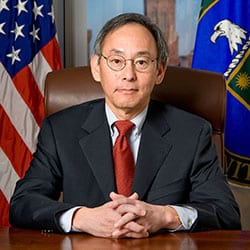Social Research on Off-Grid Solar conference
By ucyow3c, on 23 December 2015
![]() Written by Iwona Bisaga (PhD student at UCL Urban Sustainability and Resilience)
Written by Iwona Bisaga (PhD student at UCL Urban Sustainability and Resilience)

Image: SolarAid
The Social Research on Off-Grid Solar (SROGS) conference took place at UCL on 9 and 10 December. It was jointly organised by Declan Murray (School of Social and Political Science, University of Edinburgh) and I.
This two-day event saw speakers and attendees from a diverse range of disciplines get together to discuss a variety of themes around off-grid solar solutions for energy access in Sub-Saharan Africa, South-East Asia and Latin America. Presenters included academics, PhD students, private sector representatives, policy makers, practitioners, physicists and engineers, which provided a solid overview of the sector and the challenges it is (and has been) facing since it came to prominence in the 1990s.
The series of presentations and breakout group discussions focused on existing business models and technology designs, linking them to the user experience and the ways in which users and customers are included in (or excluded from) those processes, and how that could be changed to better reflect their needs and aspirations throughout the whole value chain: from product design to after-sales services and dealing with solar waste.
Socio-economic impacts and what they mean for the users, including women and marginalised communities as particularly vulnerable groups, were given a lot of attention, though it quickly became clear that there still remains a lot to be done in order to fully understand what actual impacts off-grid solar has on users, and how exactly it is utilised within households.
 Close
Close




